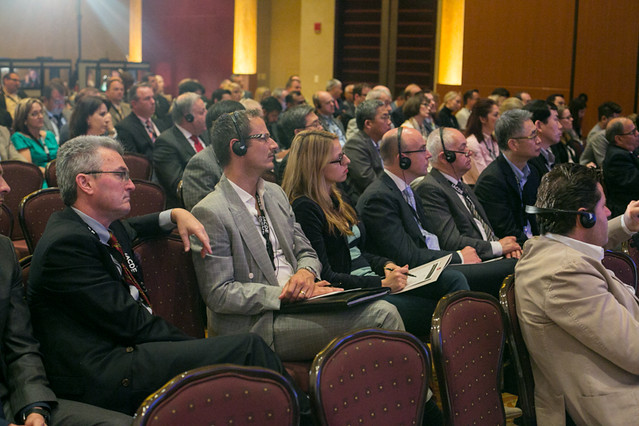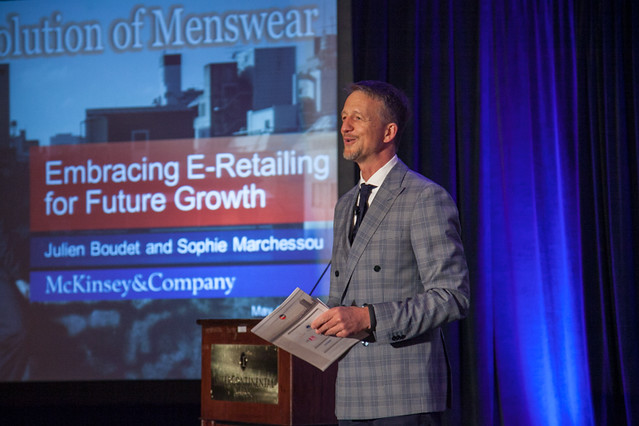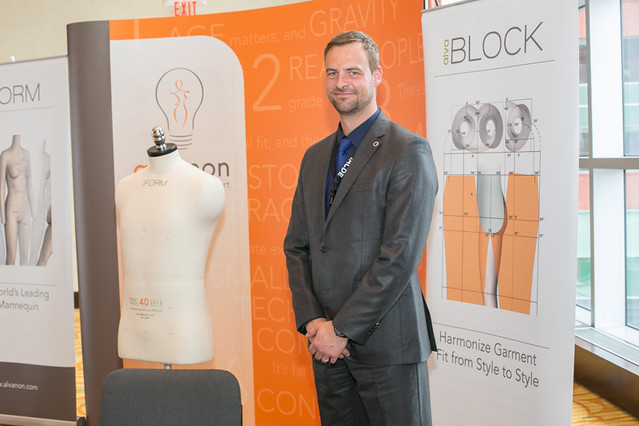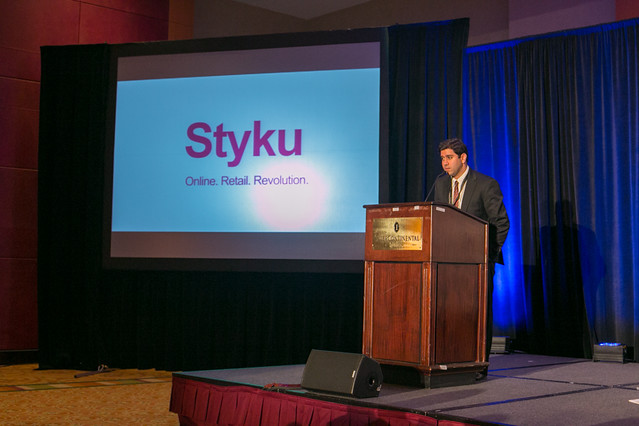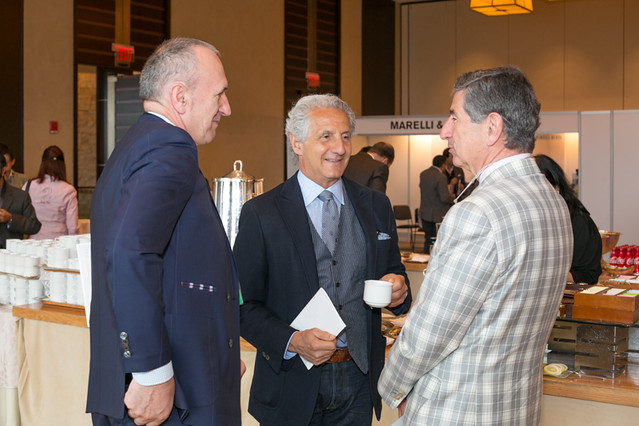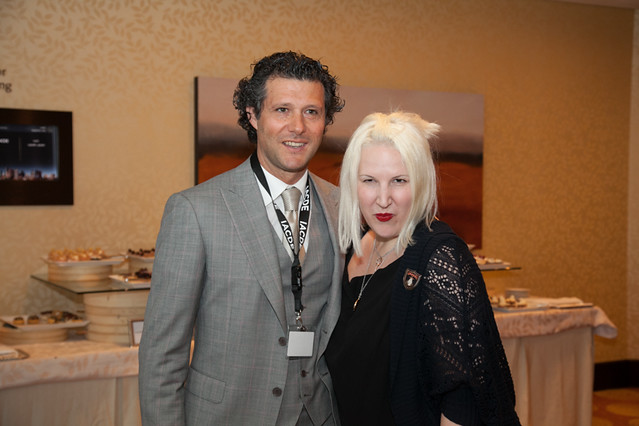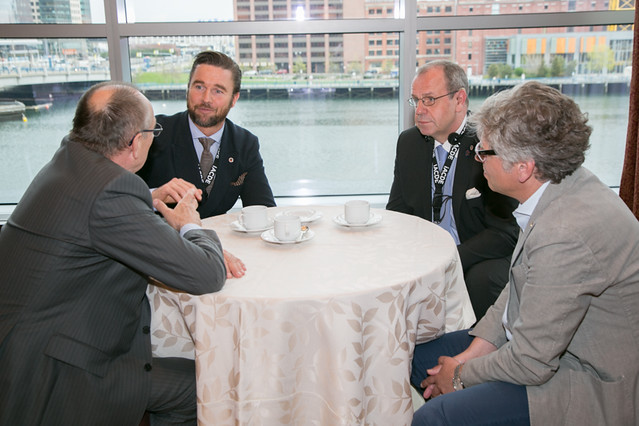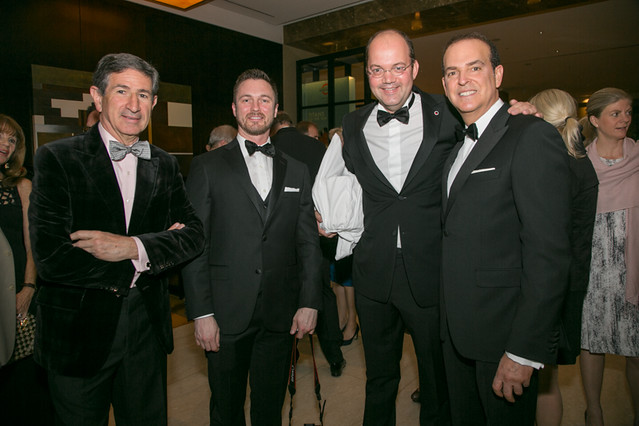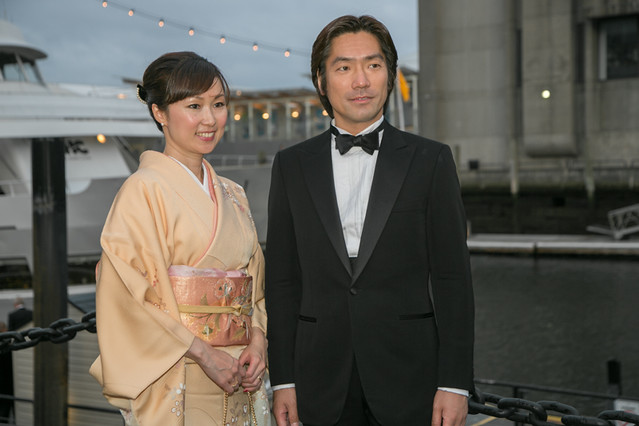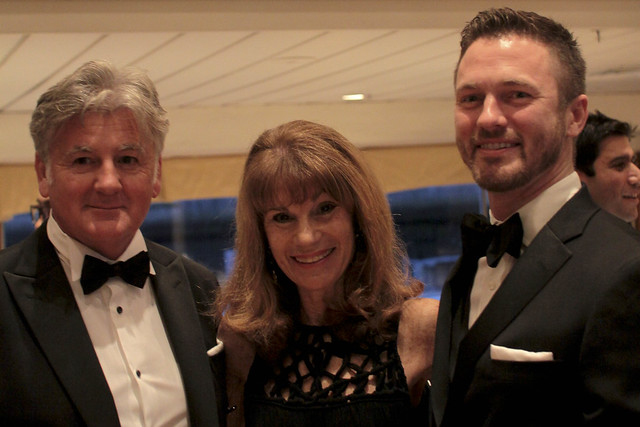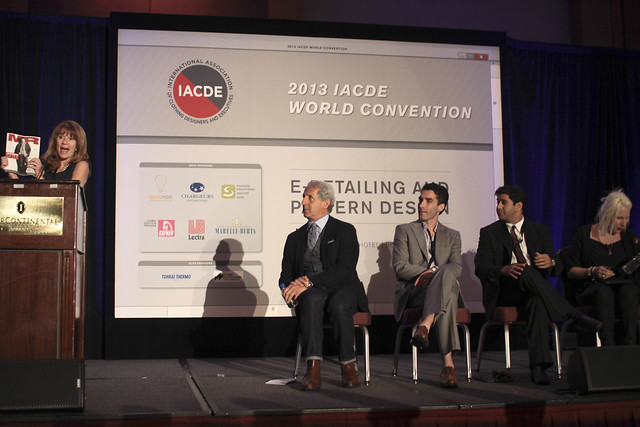
The statistics regarding return rates of online clothing purchases are pretty staggering but the reality of the importance of online shopping is such that they need to be addressed. The biggest obstacle is fit; when shopping in a store, you can try a garment on, even in several different sizes, and judge the fit before you buy. Shopping online is a crap-shoot; even if you know your usual size in garments, the garment you are looking at is not guaranteed to fit the way you like it. We had several presentations on the advances in scanning technology which can accurately scan a person's body and provide enough information to suggest what could be, technically speaking, a correct fit, but this does not account for one important variable, which is personal preference. What may be way too tight to one person could be too loose to the next, and scanning technology alone can not take these considerations into account.
True Fit is an attempt to address this issue. In alliance with a given retailer, they will partner with all the retailer's vendors; I am currently working on this project with them at Hart Schaffner Marx. I provide all the measurement data of the models which the retailer will be carrying and True Fit inputs this information into their database, which will be cross-referenced to every other garment in that category. When shopping on the retailer's web site, the shopper will be asked to input some basic body measurements, but also is asked to provide information about their favorite garment already hanging in their closet, and this is where the element of personal preference can be, to some degree, addressed.
Let's say you have a suit by brand X, in style Y, size Z. You enter this information in the dialog box on the retailer's website; it doesn't have to be a garment carried by that retailer, as long as that garment's specs have been provided by its maker at some point. True Fit will cross-reference all the data it has on all the other garments carried by that retailer and then make a suggestion of cut and size that most resemble what you have indicated that you already have and like. In initial trials it has slashed return rates enormously, which is good for customers and retailers alike, and is a very interesting development for the industry. I'll be keeping you informed on how this progresses.

